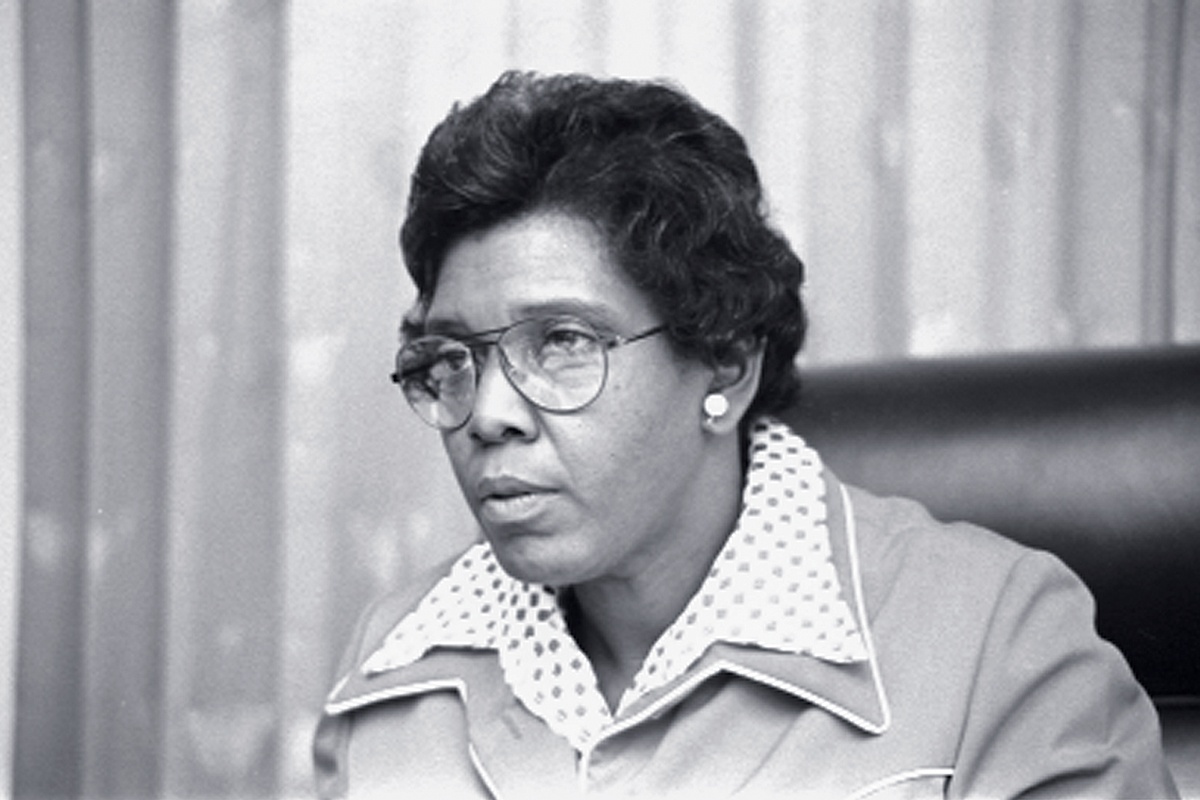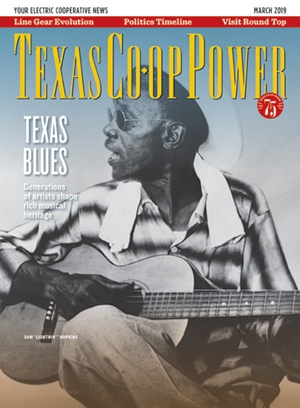Texans have made history in public office and in courtrooms in Washington, Austin and even across the Red River in Oklahoma. Pardon us if some of these mentions get your goat:
1946: Heman Sweatt applies to the University of Texas School of Law but is denied admission on the basis of race. Sweatt sued UT, and the case went to the U.S. Supreme Court, which ruled in 1950 that UT must admit Sweatt.
1948: In an election rife with voter fraud, Lyndon B. Johnson defeats Coke Stevenson by 87 votes for the Democratic nomination to the U.S. Senate in a primary runoff.
1948: Some 700 Mexican-American veterans in Corpus Christi organize the American GI Forum, an organization devoted to securing equal rights for Hispanic Americans. The first issue the forum dealt with was the failure of the Veterans Administration to deliver benefits earned through the 1944 GI Bill.
1950: The U.S. Census Bureau reports that, for the first time in the state’s history, more Texans live in the city than in the country.
1953: Dwight D. Eisenhower becomes the first Texas-born U.S. president of the United States. He was born in Denison.
1953: Eisenhower signs the Tidelands Oil Bill, giving Texas the rights to its offshore oil.
1953: Eisenhower names Oveta Culp Hobby, born in Killeen, the first secretary of the new Department of Health, Education and Welfare.
1954: Texas voters approve amendments to the state constitution allowing women to serve on juries and ending the ban on voting by members of the U.S. armed forces.
1956: Henry B. González of San Antonio becomes the first Hispanic elected to the state Senate since 1848, when José Antonio Navarro, a signer of the Texas Declaration of Independence, served.
1961: John Tower wins a special election for U.S. Senate, becoming the first Republican senator from Texas since Reconstruction.
1963: President John F. Kennedy is assassinated in Dallas. Vice President Lyndon B. Johnson becomes the 36th U.S. president.
1964: The 24th Amendment to the U.S. Constitution abolishes the poll tax as a requirement for voting for federal offices. It is retained in Texas, however, for state and local offices.
1966: The poll tax is repealed as a requirement for voting in all elections by amendment of the Texas Constitution.
1966: Barbara Jordan of Houston becomes the first black woman elected to the state Senate. Six years later, she becomes the first African-American from Texas to win a U.S. House seat.
1971: Federal Judge William Wayne Justice of Tyler orders the Texas Education Agency to assume responsibility for desegregating public schools and to prohibit districts from assigning students to schools on the basis of race.
1979: Bill Clements becomes the first Republican governor of Texas since Reconstruction.
1986: Clay Henry Sr., a beer-swilling goat, is elected mayor of the West Texas town of Lajitas. He holds office until his death in the mid-1990s.
1988: Houstonian George H.W. Bush is elected president. He died Nov. 30, 2018.
1989: U.S. Rep. Mickey Leland of Lubbock is killed while traveling to a refugee camp in Africa. His plane crashed over a mountainous region in Ethiopia while navigating a storm.

Ann Richards
Tim Carroll
1991: Charles Bilal is elected mayor of Kountze, becoming the first Muslim mayor in the U.S.
1992: Ross Perot, business magnate from Texarkana, runs for president as an independent, garnering 18 percent of the vote.
1993: Republican Kay Bailey Hutchison becomes the first woman to serve as U.S. Senator from Texas.
1999: Deregulation of Texas’ electricity market takes effect, though co-ops are exempt.
2000: Texas Gov. George W. Bush is elected president of the United States.
2003: Fifty-two Texas House Democrats hole up for three days in a conference room at the Holiday Inn in Ardmore, Oklahoma, to prevent a quorum and block a Republican-drawn redistricting plan that could cost them five seats in Congress.
2018: Former first lady Barbara Bush dies. She is buried at the George Bush Presidential Library and Museum in College Station.


